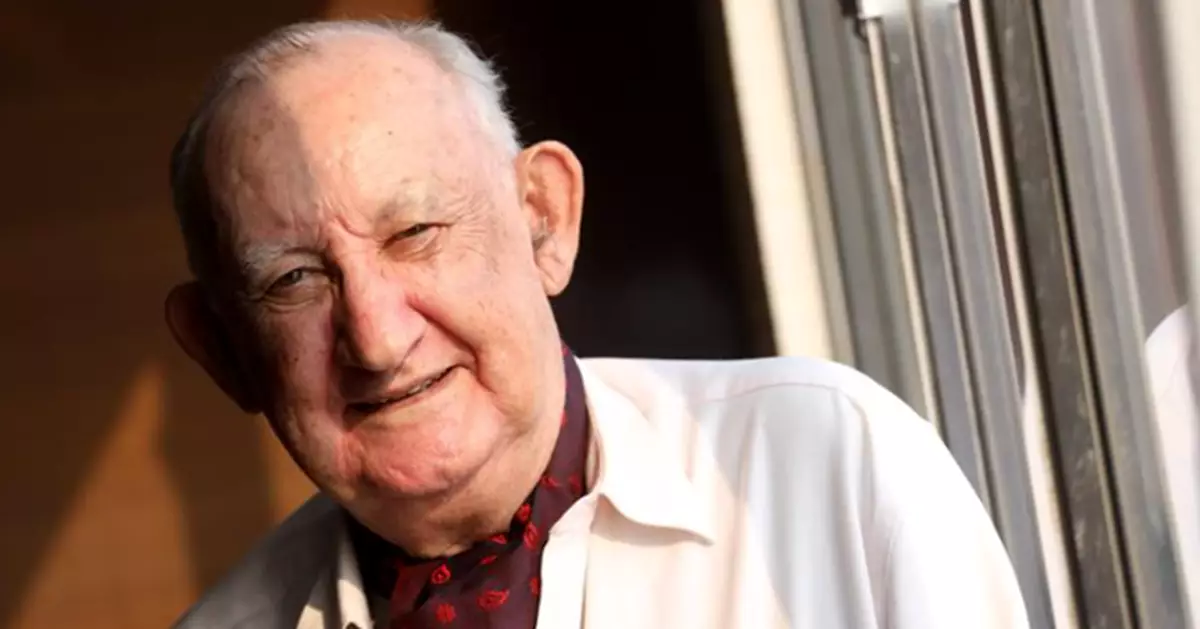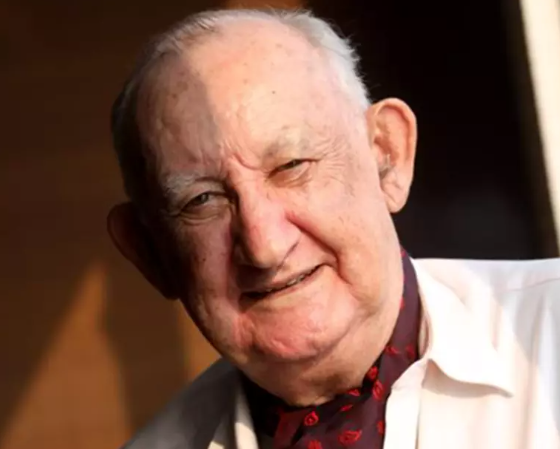Mark Pinkstone/Former Chief Information Officer of HK government
Hong Kong’s Economic Trade Offices (ETOs) spread through 14 key cities throughout the world have one and only job: to promote trade between the host country and Hong Kong. They are not equipped to undertake counter-intelligence activities.
So, it came as a complete surprise when the United Kingdom government announced it had arrested three people, Wai Chi-leung, Matthew Peter Trickett and Yuen Chung-biu, who is connected to the Hong Kong ETO in London, on national security charges. But there is no mention what-so-ever in the prosecution case presented to court that there has been a breach or threat to UK’s national security.
Trickett was later found dead a few days after the initial hearing in Maidenhead Park, London. Pollice are still investigating the cause of death, And the case has now been remanded to October 25 to schedule the full trial in March 2025…if it gets that far
Such are the sweeping powers of the UK security laws that any private investigation company in the UK representing a foreign government can be arrested for carrying out their work as the laws do not limit the scope of their activities. Instead, the Hong Kong NSL defines “prohibited acts” to include becoming a member of an intelligence organization, training in intelligence activities etc.
The Westminster Court documents indicate the three arrested were tracking the movements of Hong Kong protesters in the UK after the Hong Kong SAR Government announced a HK$1 million bounty for information leading to the arrest of eight activists who fled Hong Kong after the 2019-20 riots. It therefore follows that the three could merely be bounty hunters and not cloak-and-dagger spies for a foreign intelligence power.
The office manager of the London ETO, who was among those arrested, oversaw securing the building during times of protests and demonstrations outside the office. He was a local employee and not seconded from Hong Kong.
Another problem for the UK prosecutors is that the charges relate to the offences involve a “foreign intelligence service.” Hong Kong does not have an intelligence service per se, but it is “a foreign power.”
One of the defendants was arrested in the home of a HK woman who is wanted for theft of HK$164 million. But the accused was not charged with burglary on May 1 and instead, he and others were charged with “prohibited conduct, namely, forcing entry into a UK residential address.” The other two were arrested in their homes the following day.
The fact that the case was investigated by the Metropolitan Police’s Counter Terrorism Command is also telling. Terrorism has not been involved nor has national security, so the question remains, why has low key so-called criminal activities been elevated to the national level? Ironically, the arrests came only a short time when the US announced it was clamping down on HKETO activities in the US with congress members calling for the withdrawal of the ETO in Washington. U.S. congressmen and the Congressional-Executive Commission on China have pushed a bill called the Hong Kong Economic and Trade Office Certification Act, which proposes removing diplomatic privileges from such offices, saying they are bases for Chinese influence activities on foreign soil.
The UK arrests drew a quick rebuttal from the Chinese Embassy in London saying it 'strongly condemns' the 'unwarranted accusation' against the Hong Kong government.
"We urge the U.K. side to immediately correct its wrongdoing, stop spreading the so-called 'China threat theory,' end all forms of political manipulation against China, and ensure all the legitimate rights and interests of Chinese citizens in the U.K.," the embassy said in a statement on its website.
The embassy warned the move could damage China-U.K. relations.
The Hong Kong SAR government echoed the Chinese authority's statement and demanded Britain protect the rights and interests of the office manager of the HKETO.
"Any attempt to interfere with the work of the ETO offices in different places will be against free trade and free economy and will be harming the economies of the countries that try to do bad things to the operations of the ETO offices," said Hong Kong’s Chief Executive John Lee at a press conference immediately after the three were arrested.
Hong Kong barrister and member of the Chief Executive’s Cabinet, Ronny Tong, has drawn a distinction between the UK and HK national security laws.
He believes that Britain and the United States may have resorted to any means to suppress China and Hong Kong
Although the two laws are almost identical, there are broad distinctions, especially in the definitions of “foreign intelligence agency”. Tong said that the British allusion that the Hong Kong SAR Economic and Trade Office is a foreign intelligence agency “is really unbelievable.”
The "foreign interference crime" in Article 13 of the UK law is also far more vague and extremely broad than the Hong Kong definition of the same crime. Under this crime, there is no need to have the intention to harm the state. It is simply sufficient to prove that the offender acted "recklessly" and that the consequences of the behaviour may have an "intervening effect."
He noted that the British National Security Law elevates interference at the individual level to the level of national security. This is very different from the SAR National Security Law and the national security laws in other places which only target harm to the national system and designated overall interests.
According to Tong, the British National Security Law has just been implemented and already has a tendency of political abuse, which is really worrying, especially for those who are concerned about human rights.
British Foreign Secretary David Cameron, who sips his whisky with fellow anti-China lords in the Home Room of Westminster Palace as his only informants about Hong Kong/China, regularly denounces Hong Kong’s National Security Law while his own security laws have a tendency of political abuse, especially as far as human rights are concerned. Arresting people under national security laws for incidents not involving national security is a blatant abuse of this power.
The blog article is the sole responsibility of the author and does not represent the position of our company.
Mark Pinkstone
** The blog article is the sole responsibility of the author and does not represent the position of our company. **



